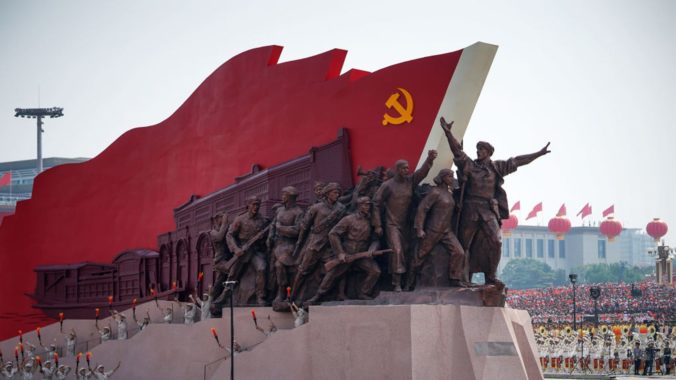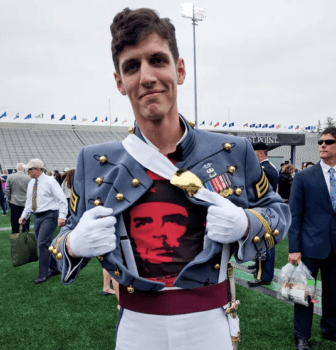On an episode of Revolutionary Left Radio, Alyson and Breht review in detail the text of Marx’s 18th Brumaire.
Along the way, they point to one of Marx’s most famous quotes: “Hegel remarks somewhere that all great world-historic facts and personages appear, so to speak, twice. He forgot to add: the first time as tragedy, the second time as farce.”
The quote references the transition in French politics from Napoleon Bonaparte to Louis Bonaparte. But we need not concern ourselves with the details here. Suffice it to say that Napoleon stood in for tragedy – the Napoleonic Wars killed millions – and Louis for farce, as his version of the French Empire paled in comparison to the first.
I find something like this on parts of the sectarian left. Some leftists – some from democratic centralism, some Marxism-Leninism, et al. – look to the historical work of leftist figures for lessons they rigidly apply to the modern world. It’s as though Lenin (or Kautsky, or Engels) speak directly to our time, giving us the secret blueprint for how to finally build the U.S. left into a force ready to take power.



